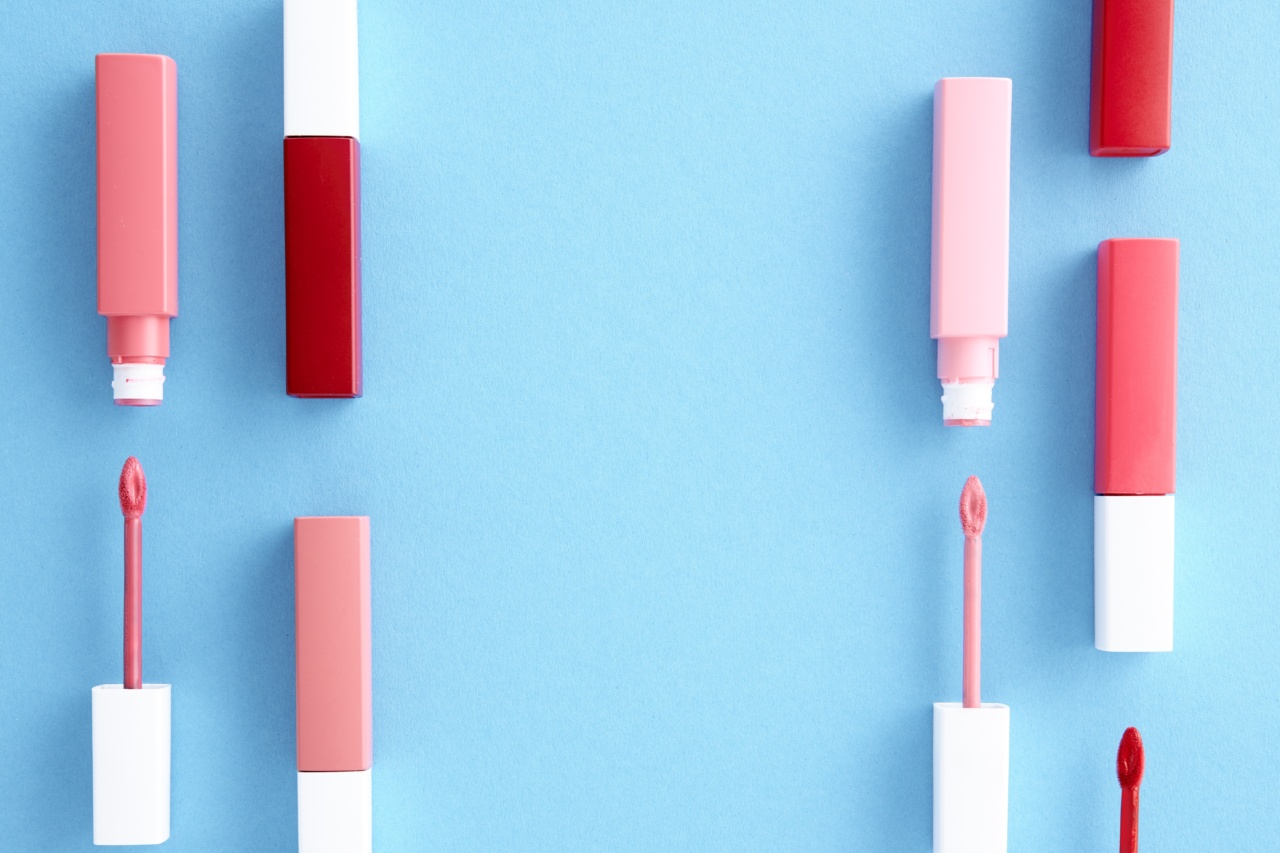Over the years, the use of plastic microspheres in cosmetics has gained significant popularity due to their desirable properties.
However, recent studies have raised concerns about the potential environmental and health impacts associated with these microplastics. As a result, regulatory bodies in the United States have decided to recall cosmetics containing plastic microspheres. This article explores the reasons behind the recall and the implications for the cosmetics industry.
What are plastic microspheres?
Plastic microspheres are tiny particles of plastic, typically measuring less than 5 millimeters in diameter. These spheres are often added to a variety of cosmetics products, including scrubs, cleansers, and even toothpaste.
They provide texture, help with exfoliation, and give the skin a smooth and polished appearance.
The environmental impact
One of the major concerns surrounding plastic microspheres is their impact on the environment. When these products are used and washed off, the microspheres end up going down the drain and eventually make their way into rivers, lakes, and oceans.
Due to their small size, they are often not captured by wastewater treatment plants and easily find their way into the ecosystem.
The presence of plastic microspheres in water bodies poses a threat to marine life. Fish and other aquatic organisms often mistake these particles for food and ingest them. This can lead to physical harm and even death.
Additionally, these tiny plastic particles can accumulate various chemicals found in the water, making them even more toxic.
Health concerns
In addition to their environmental impact, plastic microspheres also raise concerns about potential health risks. Several studies have shown that these microplastics can penetrate the skin and enter the bloodstream, potentially causing systemic damage.
The long-term effects of such exposure are still not fully understood and require further research.
Furthermore, the accumulation of plastic microspheres in the environment can lead to human exposure through the consumption of contaminated seafood.
This highlights the need for immediate action to reduce the use of plastic microspheres in cosmetic products.
Regulatory response and recall
Recognizing the potential risks associated with plastic microspheres, regulatory bodies in the United States have taken steps to address the issue.
In 2015, the Microbead-Free Waters Act was signed into law, banning the use of plastic microbeads in rinse-off cosmetics. This act aimed to protect water bodies from the harmful effects of microplastic pollution.
The US Food and Drug Administration (FDA) has also taken action to regulate the use of plastic microspheres in cosmetics.
The FDA requires cosmetic manufacturers to take measures to ensure their products are safe for use and do not pose a risk to consumers or the environment.
As a result, cosmetics containing plastic microspheres are now being recalled in the US. The recall ensures that these products are removed from the market and replaced with safer alternatives that do not contain harmful microplastics.
Industry response and alternatives
The recall of cosmetics containing plastic microspheres has prompted the cosmetics industry to seek alternatives.
Many companies have recognized the need to adopt more sustainable practices and have started exploring natural and biodegradable alternatives to plastic microbeads.
Ingredients like jojoba beads, bamboo powder, apricot kernels, and sugar are gaining popularity as effective replacements for plastic microspheres.
These natural alternatives provide similar exfoliating properties without the negative environmental and health implications.
Additionally, some cosmetic companies have decided to embrace a zero-waste approach by eliminating physical exfoliants altogether.
They are focusing on developing chemical exfoliants or other innovative solutions that provide the desired results without the use of plastic microspheres.
The future of microplastics in cosmetics
The recall of cosmetics containing plastic microspheres marks a significant turning point for the cosmetics industry. It serves as a wake-up call for both consumers and manufacturers to reconsider the environmental and health impacts of microplastics.
The focus on sustainability and eco-friendly practices is expected to reshape the cosmetics industry. Consumers are becoming more conscious of the products they use and their impact on the environment.
This shift in consumer behavior is likely to drive further innovation in the development of safer and more sustainable cosmetic ingredients.
Conclusion
The recall of cosmetics containing plastic microspheres in the US reflects the growing awareness of the environmental and health risks associated with microplastics.
It highlights the need for stricter regulations and sustainable alternatives in the cosmetics industry. By reducing our reliance on microplastics, we can protect our planet and promote a healthier future for both humans and marine life.































